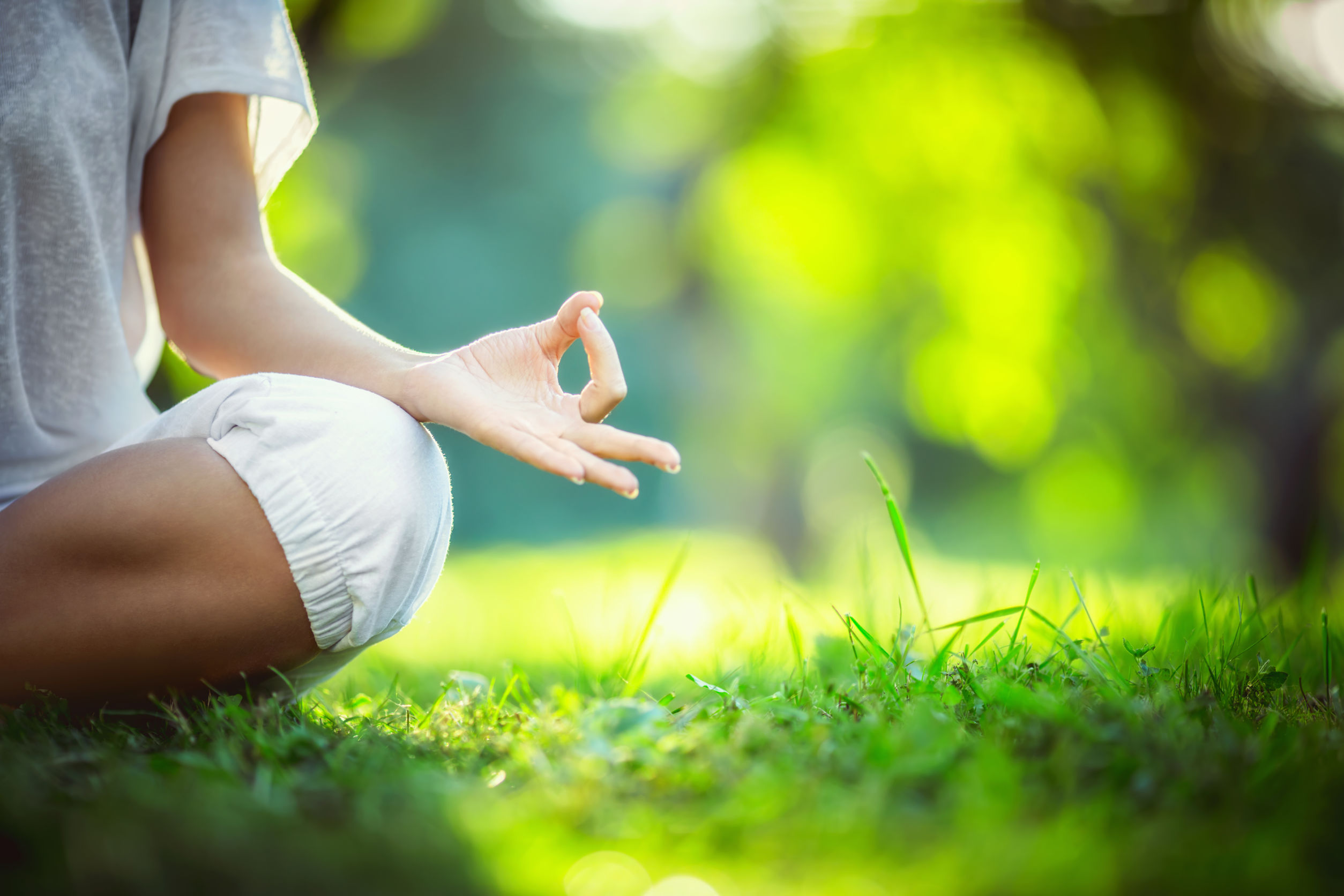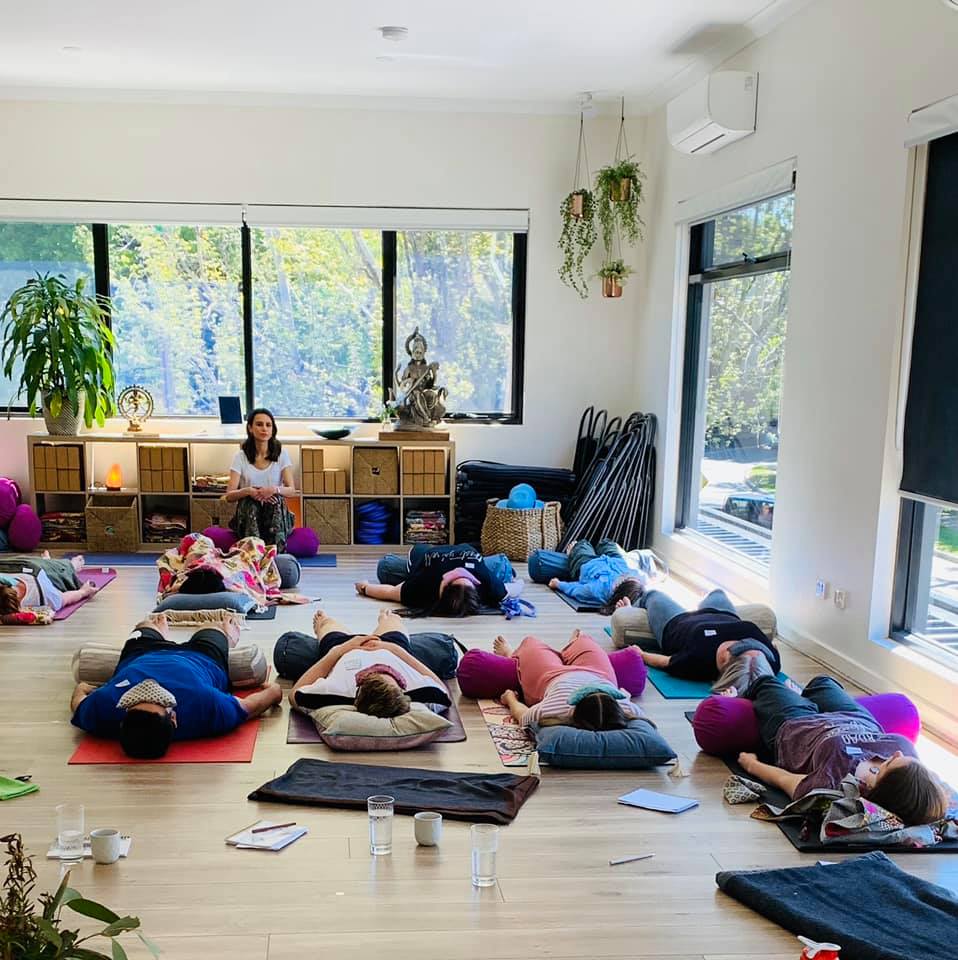The Importance of Meditation in Bathing to Balance Emotions in Times of Stress

Embracing Tranquility Through Mindful Bathing
Stress has woven itself into the fabric of modern life, particularly in the vibrant cities of Nigeria such as Lagos and Abuja, where the hustle and bustle are relentless. As the weight of daily responsibilities mounts and the cacophony of urban life looms, finding moments of peace can feel like a daunting task. In this scenario, exploring meditation during bathing surfaces as a novel yet ancient approach to reclaiming emotional balance and fostering well-being.
Meditation in bathing offers unique benefits:
- Enhances relaxation and reduces anxiety: The warm water enveloping the body can help lower heart rates and soothe tense muscles. When combined with meditation, it creates an environment conducive to mental relaxation, akin to a hug from Mother Nature.
- Encourages mindfulness: Bathtub moments transform into sacred spaces where one can concentrate on the sensations of water, the calming rhythm of breath, and the tranquility enveloping the space. Mindfulness practice cultivates an awareness of the present, enabling people to detach from external chaos.
- Promotes a deeper connection with oneself: Engaging in meditation induces a state of introspection, drawing individuals into their core feelings and thoughts. This emotional clarity can significantly improve decision-making and personal relationships, qualities that are increasingly important in Nigeria’s fast-changing social landscape.
By incorporating meditation into their bathing routine, individuals can access a refuge from external pressures. The gentle flow of water serves as a natural ally to the stillness of the mind, generating a dynamic environment where rejuvenation thrives. Research has shown that practices like these can redefine self-care, thereby paving the way for healthier approaches to mental well-being. For instance, a study revealed that individuals who practiced mindful bathing experienced lower levels of stress and an increase in overall satisfaction in their lives.
As we delve deeper into how this holistic approach mitigates emotional challenges, we will highlight practical techniques, ranging from simple breath-focused exercises to visualizations that enhance the bathing experience. Personal testimonies from individuals who practice this method illustrate how it has become a vital component of their lives, offering solace in an increasingly chaotic world.
Join us on this enlightening journey to uncover the transformative power of meditation during bathing, and discover how this practice can serve as a gentle remedy for the emotional storms many people in Nigeria, and beyond, face in today’s fast-paced society.

LEARN MORE: This related article may interest you
Unlocking Emotional Balance Through Mindful Water Rituals
Amidst the constant ebb and flow of daily challenges in Nigeria, with its vibrant cities pulsating with energy, many individuals are seeking effective ways to manage their emotional wellbeing. The integration of meditation during bathing is emerging as a powerful tool for emotional regulation in an age where stress is an unwelcome companion. When individuals take the time to immerse themselves in warm water while practicing mindfulness, they open the door to a multifaceted experience rich with benefits that are both immediate and profound.
Understanding the impact of stress on emotions is a crucial first step in appreciating the significance of meditation in bathing. Stress, whether from work, family responsibilities, or social pressures, can lead to feelings of anxiety, irritability, and even sadness. When left unchecked, these emotional responses can spiral into more serious mental health issues. At this juncture, mindful bathing offers not only a physical cleanse but also a psychological reset, serving as a sanctuary from life’s relentless pace.
Engaging in this practice requires less than one might expect. Here are some essential techniques to enhance the meditative qualities of your bathing experience:
- Set the Scene: Begin by dimming the lights and adding candles or essential oils to create an atmosphere of serenity. This sets the stage for a focused meditation.
- Focus on Breathing: As you sink into the warm water, direct your attention to your breath. Breathe in deeply, filling your lungs, and then exhale slowly, releasing tension with each breath.
- Body Scan Meditation: With a gentle focus, mentally scan your body from head to toe, noticing areas of tension. Imagine the warm water soothing those areas, enhancing the feeling of relaxation.
- Visualization Techniques: Picture a serene scene—perhaps a gentle river or a tranquil beach. Allow this imagery to engulf you, reinforcing feelings of peace and grounding.
The beauty of meditation in bathing lies in its simplicity; it does not require extensive training or elaborate setups. In fact, this practice can be incredibly personal, shaped by individual preferences and insights. Anecdotal evidence suggests that individuals engaging in this meditative routine report decreased anxiety levels, heightened emotional resilience, and an improved sense of inner peace — burgeoning benefits that can influence the overall quality of life.
As we continue to explore how weaving meditation into the fabric of one’s bathing ritual nurtures emotional stability, we will delve into firsthand accounts and scientific studies that underscore the efficacy of this practice. These narratives will reveal how individuals from diverse backgrounds have embraced mindful bathing as a cornerstone of their self-care routines amidst the tumult of contemporary life in Nigeria.
Prepare to embark on an insightful journey that challenges conventional self-care approaches, illuminating the transformative potential of meditation in bathing as a key element in achieving emotional equilibrium during trying times.
| Meditation Techniques | Benefits During Bathing |
|---|---|
| Mindfulness | Promotes a state of awareness, helping individuals stay present. |
| Breathing Techniques | Enhances relaxation, reduces heart rate, and lowers stress. |
| Visualization | Encourages a calming mindscape, leading to emotional balance. |
| Mantras | Provides a focus point, helping to maintain mental clarity. |
Bathing, often viewed simply as a routine activity, can transform into a powerful practice when combined with meditation. The incorporation of meditation techniques during bathing not only elevates the experience but also offers substantial emotional benefits, especially during stressful times. Mindfulness allows individuals to fully immerse themselves in the sensations of water, a practice that fosters connection and presence. Breathing techniques, when coupled with the soothing effects of warm water, can alleviate tension and promote relaxation. By consciously focusing on breath, a person can significantly lower heart rates and reduce cortisol levels, the stress hormone. Visualization techniques offer a method to escape present worries by creating peaceful mental images, enhancing relaxation and emotional stability.Furthermore, using mantras during bathing can help strengthen focus and calm the mind. This practice serves as a powerful tool to foster a serene environment, ultimately leading individuals towards emotional equilibrium amidst the chaos of daily life. Integrating these meditation practices into bathing routines not only enhances the experience but provides profound benefits that warrant exploration and implementation.
LEARN MORE: This related article may interest you
The Synergy of Water, Mindfulness, and Emotional Wellbeing
In the quest for emotional balance, understanding the psychological benefits of warm water serves as a key component in the practice of meditation during bathing. The sensation of immersion in warm water is inherently soothing; it helps to relax the muscles, which can relieve tension built up from stressors throughout the day. This physical release facilitates a smoother transition into emotional and mental relaxation. Studies indicate that taking a bath can elevate mood and provide a calming effect, largely attributed to physiological responses such as increased blood circulation and improved neurotransmitter levels. When this therapeutic setting is combined with meditation, the results can be transformative.
Research supports the idea that mindfulness practices, when integrated into daily routines, can lead to increased resilience against emotional upheaval. A study conducted by researchers at the University of Massachusetts demonstrated that individuals who practiced mindfulness meditation reported lower stress levels and improved emotional health. This concept is particularly relevant in Nigerian urban centers, where the hustle and bustle can become overwhelming. The act of meditative bathing creates a sanctuary of calmness, encouraging individuals to reclaim their emotional wellbeing for a few restorative moments each day.
The act of meditation within this warm scenario encourages introspection and self-awareness. By consciously engaging with one’s body and mind, individuals can identify patterns in their emotional responses. The simple practice of acknowledging feelings—whether they are frustration from traffic jams or anxiety about work deadlines—can help diffuse negative emotional charges. Mindfulness helps individuals navigate their emotions instead of becoming consumed by them, allowing for a clearer perspective on challenges faced in daily life.
Community and cultural practices in Nigeria also enhance the significance of mindful bathing as a stress-relief strategy. Many indigenous societies value water as not only a source of life but also a medium for healing and reflection. Whether through communal bathing rituals or solitary moments spent by a riverbank, the interaction with water serves as a spiritual and physical cleanser. This cultural lens emphasizes the need to reconnect with oneself and the environment, which echoes the practice of meditation in bathing.
To further enrich your experience, consider incorporating elements from local traditions into your bathing rituals. For instance, using herbal infusions made with local plants such as lemongrass or hibiscus can enhance the sensory experience and add therapeutic properties. Drawing on these traditions can provide a personal touch, intertwining cultural heritage with health-enhancing practices.
As more individuals turn towards holistic approaches to wellness, the dialogue surrounding the importance of meditation in bathing will only grow. Not just a fleeting escapade from daily life, this practice fosters a deeper connection to the self, promoting emotional stability and resilience. In a rapidly changing world, where mental health concerns continue to rise, the integration of these mindful rituals into everyday life may well represent an essential evolution in self-care practices across Nigeria.
By exploring various techniques and cultural connections, individuals can craft a bathing ritual that resonates deeply, reflecting personal values while simultaneously serving as a potent strategy for managing stress. The journey into mindfulness through bathing is, indeed, an enriching path towards greater emotional balance.
YOU MAY ALSO LIKE: Read read another article
Wrapping Up: Embracing Mindful Bathing for Emotional Resilience
In conclusion, the significance of meditation in bathing as a vital practice for achieving emotional balance, particularly in times of stress, cannot be overstated. This holistic approach combines the therapeutic effects of warm water with the empowering benefits of mindfulness, creating an oasis of tranquility amidst the chaos of daily life. Through the simple act of immersing oneself in water while engaging in meditation, individuals can foster deep introspection, alleviate stress, and cultivate emotional resilience.
Moreover, the incorporation of culturally relevant elements—such as traditional herbal infusions or communal bathing customs—enhances the meditative experience by connecting one’s practices to their roots. This alignment with local traditions strengthens the emotional bond to the ritual, reinforcing its importance as a method of self-care. As Nigeria continues to adapt to rapidly changing socio-economic landscapes, adopting these mindful bathing practices could serve as a meaningful tool for many seeking solace and emotional stability.
Ultimately, the journey towards better emotional health through meditative bathing invites individuals to explore a more profound connection with themselves and their environments. It emphasizes the need to set aside dedicated moments for reflection and relaxation, promoting a greater sense of wellbeing. As we embrace this enriching practice, we open ourselves to new pathways of healing and understanding, transforming our daily routines into opportunities for self-discovery and emotional balance.



